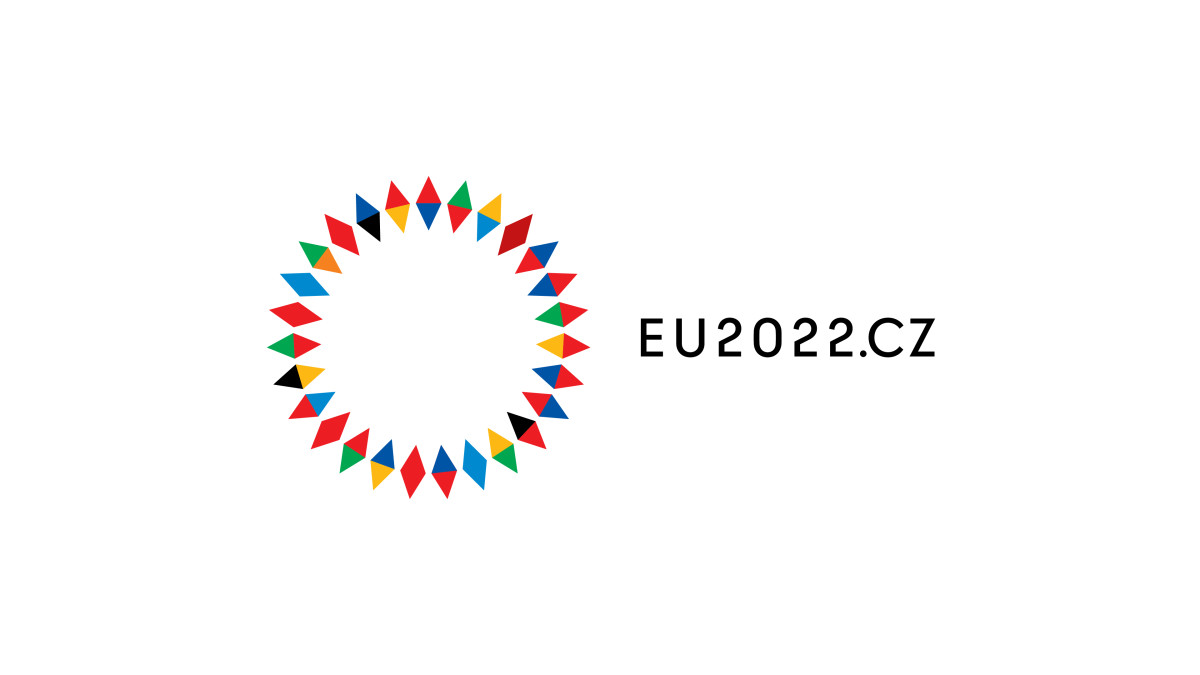The Czech Republic is taking over the EU Council Presidency during very turbulent times
Published: Jun 30, 2022 Reading time: 4 minutes Share: Share an article
After two years of the Covid-19 pandemic, the world is facing disrupted supply chains and the agricultural impacts of increased climate change. These accumulated crises are increasing the pressure on global food security and are both issues which Russia is well aware of and is using to its advantage. For these reasons, it is clear that Russia’s attacks toward Ukraine, and toward the entire democratic world, are much larger in scope than originally thought and are not only taking place only on battlefields or in the field of energy security.

The fact that Russia is withholding grain supplies from Ukraine, in addition to its continued destruction of the country’s logistical infrastructure for transport and crop storage, are just two ways in which it is exploiting the needs of vulnerable nations at large. Prices have been on the rise since 2020, inflation is already at 15 % or more in many countries, and fuel prices are at a seven-year high. In today's highly globalised world, only seven countries are exporters for 86% of the world's wheat stocks (Russia, Canada, USA, France, Ukraine, Australia and Argentina). Russia and Ukraine supply 30% of wheat and 20% of corn to markets worldwide. Only three countries hold 68% of the world's grain reserves, two of which, China and India, do not sell their stocks to world markets, but still continue to buy.
Currently, instead of the normal monthly export of 4-5 million tons of gains, Ukraine only supplies a few hundred thousand tons. An estimated 13.5 million tons of wheat and 16 million tons of maize – 23% and 43% of their expected export volumes, respectively – remain in place without possibility to export.
The number of people affected by hunger is on the rise
Comparatively, 36 countries import more than 50 % of their wheat stocks from Russia and Ukraine alone (these countries include: Somalia, Benin, Laos, Egypt, South Sudan, the Democratic Republic of Congo, Pakistan, Bangladesh, Vietnam and Turkey). The World Food Fund records a 17% increase in acute hunger in 81 countries, in other words, the number of people at risk of hunger worldwide has increased to 323 million, with the largest number of people living in sub-Saharan Africa, the Horn of Africa, South Sudan and Ethiopia.
While it may seem that the crisis in these countries is geographically distant and cannot affect us here in Europe, recent history teaches us otherwise. During the Syrian war, the dynamics were similar. At first, local people fled to other regions within Syria, then to neighbouring countries, and only as a result of the unresolved crisis did they start moving towards Europe. This last movement subsequently cost Germany alone USD 25 billion in humanitarian aid.
For this reason, we must continue to monitor the food crisis. At the moment, it is primarily affecting developing countries, which are the traditional source countries for migration along the Mediterranean route. Citizens within the countries that make up the Horn of Africa are victims of the same tragedy as those in Ukraine. Unfortunately, our response to the crisis in Ukraine is more likely to divert funding needed to help developing countries, which will ultimately cause further problems globally.
Studies show that every dollar invested in prevention saves $5 to $7 once a conflict arises and intensifies. It is commendable that the Czech government, as part of the Czech Presidency Priorities, is addressing the issue of the increase in movement along the Mediterranean migration route (27% increase year-on-year), but the causes also need to be examined.
Although 23 countries have already banned grain exports, our recommendations include keeping markets open for exports, while focusing on prevention and building resilience in more vulnerable countries. For all the expected financial burden, climate finance must also not be reduced. This funding should be seen as crisis prevention and a significant contribution toward mitigation must be made in order to prevent future disasters, crises and conflicts, abroad and in Europe.
To sum up, the main issues are:
- The FAO Food Price Index reached an all-time high in February 2022 - before the war in Ukraine. Then in March, it rose another 13% compared to what it was in February. In March 2022, the value was 34% higher than in March 2021
- There are high fuel and energy prices - for transport, processing and fertiliser production
- There are high oilseed prices (due to global crop failure in 2021)
- There is drought in the Horn of Africa



